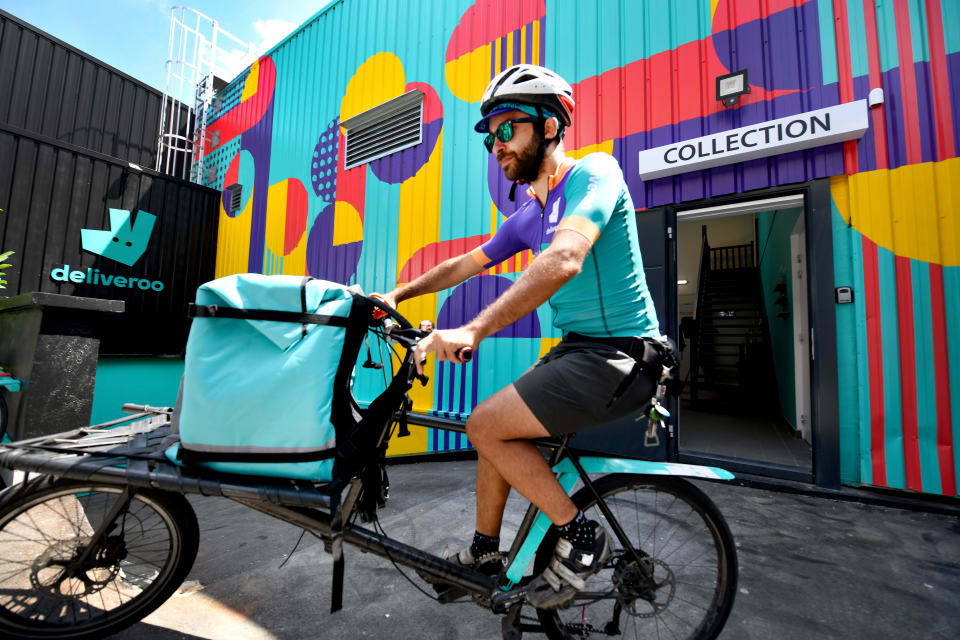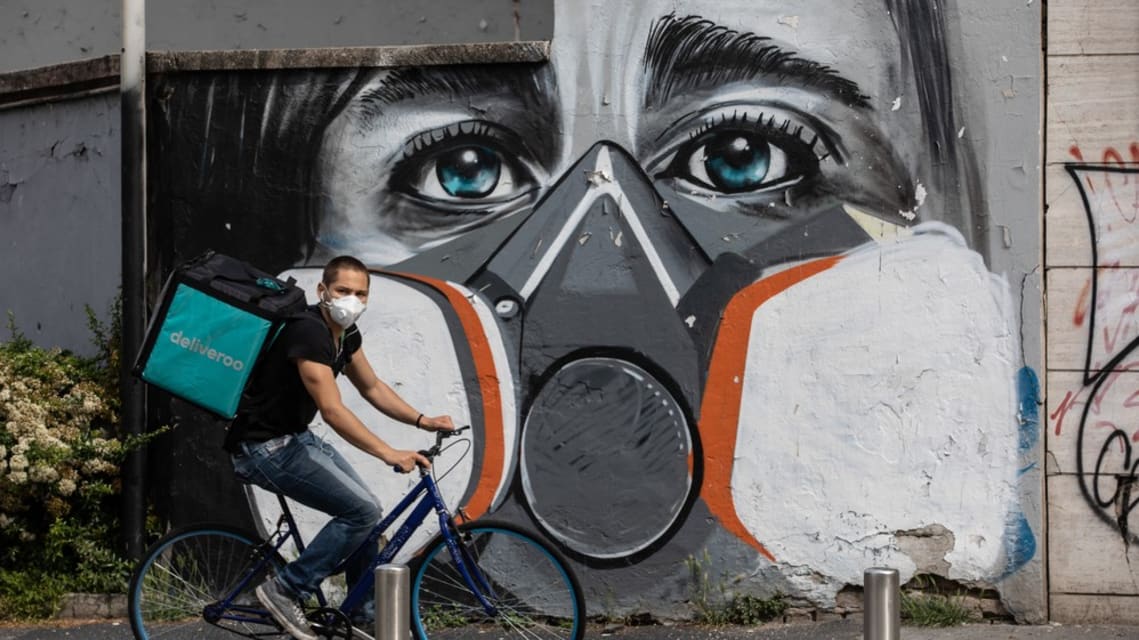Entities
View all entitiesCSETv0 Taxonomy Classifications
Taxonomy DetailsProblem Nature
Specification
Physical System
Software only
Level of Autonomy
High
Nature of End User
Amateur
Public Sector Deployment
No
Data Inputs
employee activity history, shift schedules
CSETv1 Taxonomy Classifications
Taxonomy DetailsIncident Number
94
Risk Subdomain
1.1. Unfair discrimination and misrepresentation
Risk Domain
- Discrimination and Toxicity
Entity
AI
Timing
Post-deployment
Intent
Unintentional
Incident Reports
Reports Timeline

A court in Italy has dealt a blow to unalloyed algorithmic management after a legal challenge brought by three unions. The Bologna court ruled that a reputational-ranking algorithm used by on-demand food delivery platform Deliveroo discrimi…

An algorithm used by the popular European food delivery app Deliveroo to rank and offer shifts to riders is discriminatory, an Italian court ruled late last week, in what some experts are calling a historic decision for the gig economy. The…




